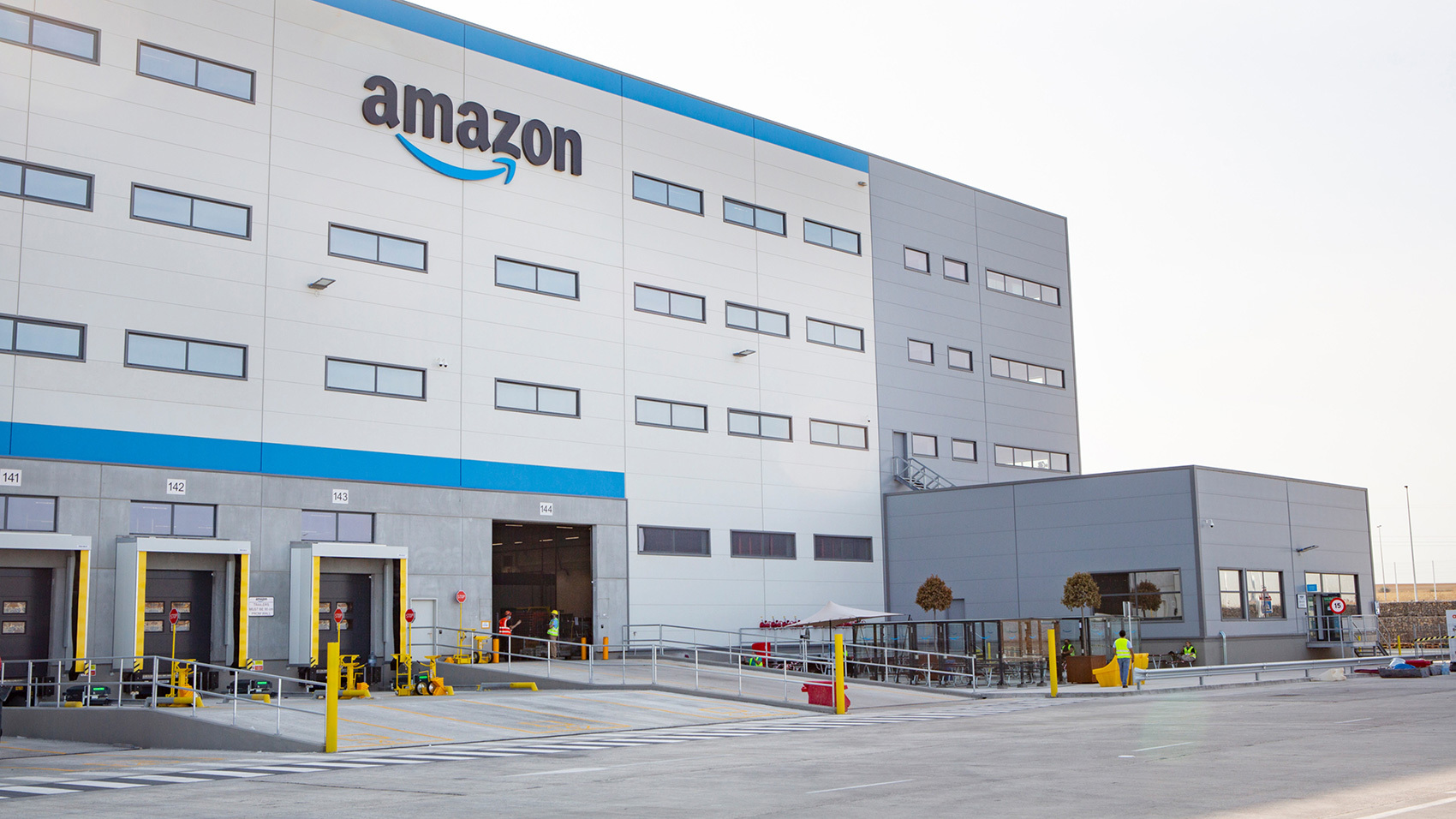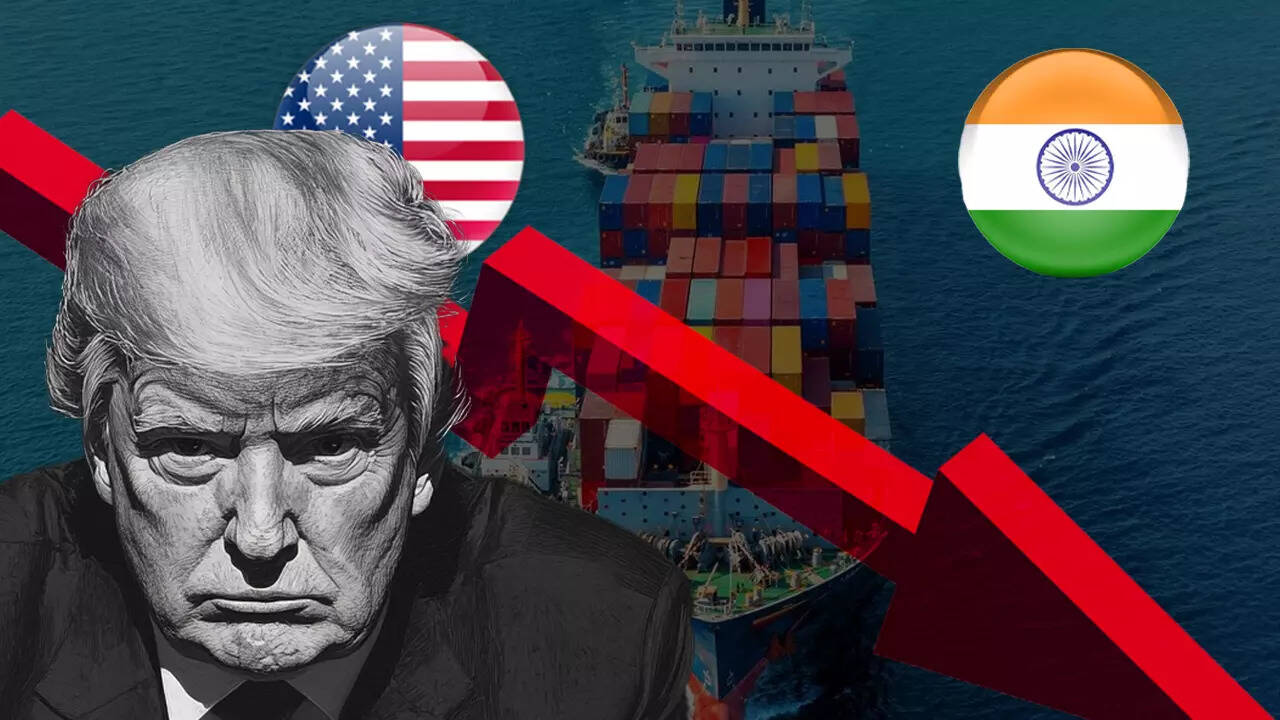PPAs
Previously, IPPs were eligible for long-term coal supply contracts only if they had secured PPAs — a model that often hindered capacity expansion due to delayed or unavailable offtake agreements. The updated policy now decouples coal linkage from PPAs, empowering developers to:
Build generation capacity proactively
Secure long-term coal contracts directly
Participate more flexibly in power markets, including spot trading platforms
🔄 Implications for the Supply Chain & Logistics Network
This change marks a transformative opportunity for India’s energy and coal supply chain, as it is expected to:
Accelerate coal logistics operations across rail and port networks
Increase demand for coal handling infrastructure and supply chain automation
Encourage multi-modal transport investments for improved last-mile delivery
Improve inventory planning and coal stock management at plant sites
With coal remaining a dominant energy source in India's power mix, this policy shift ensures supply chain players must be ready for greater scale, speed, and complexity.
🏭 Boosting Capacity Amid Rising Demand
India’s power consumption is projected to rise steeply due to growing industrialization, urbanization, and electrification of rural areas. By enabling coal supply certainty, the government aims to:
Encourage fresh investments in thermal power
Ensure energy security during peak demand seasons
Maintain grid reliability while renewable capacity continues to scale gradually
🌐 Conclusion
The decision to ease coal supply restrictions without requiring PPAs is not just a move to support energy producers — it is a catalyst for supply chain innovation and resilience. As coal transport, warehousing, and fuel management see renewed activity, logistics providers, infrastructure planners, and technology enablers will play a crucial role in ensuring this policy succeeds in practice.
.png)
.png)







